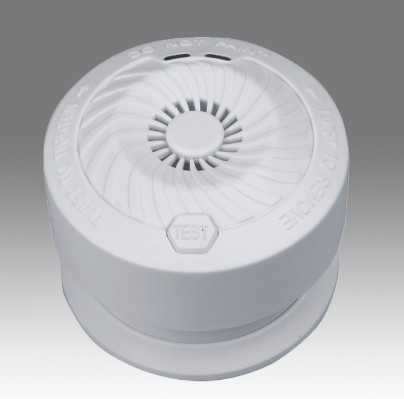Coal-to-gas in urban pipelines is a special kind of gas […]
Coal-to-gas in urban pipelines is a special kind of gas, which contains both CO and alkane gases. Therefore, if it is only to detect whether there is leakage of pipeline gas, it can be detected with a carbon monoxide alarm or a gas alarm. However, if you want to detect whether the pipeline natural gas, liquefied petroleum gas or coal gas produces excessive carbon monoxide gas during combustion, you need to use a carbon monoxide alarm to detect.

In addition, heating with a coal stove, burning coal, etc. produces carbon monoxide gas (CO), not alkane gas such as methane (CH4). So carbon monoxide alarms should be used instead of gas alarms. If you use a coal stove for heating and burning coal, it is useless to install a gas alarm. If someone is poisoned, the gas alarm will not sound. This is quite dangerous.
In short, if you want to detect a toxic gas, and you are concerned about whether it will be poisoned, then you must use a carbon monoxide alarm. If you want to detect an explosive gas, and you are concerned about whether there is a leak in the pipeline, you can generally use a gas alarm. Commonly used gas alarms use semiconductor sensors, so the cost is low.